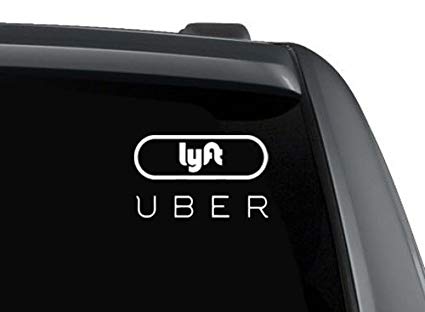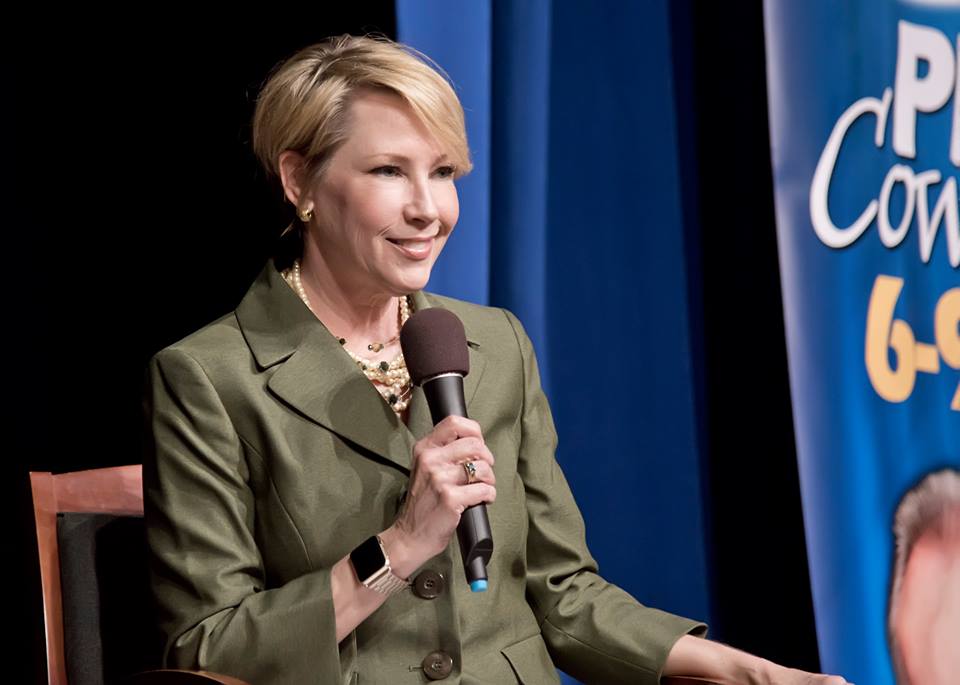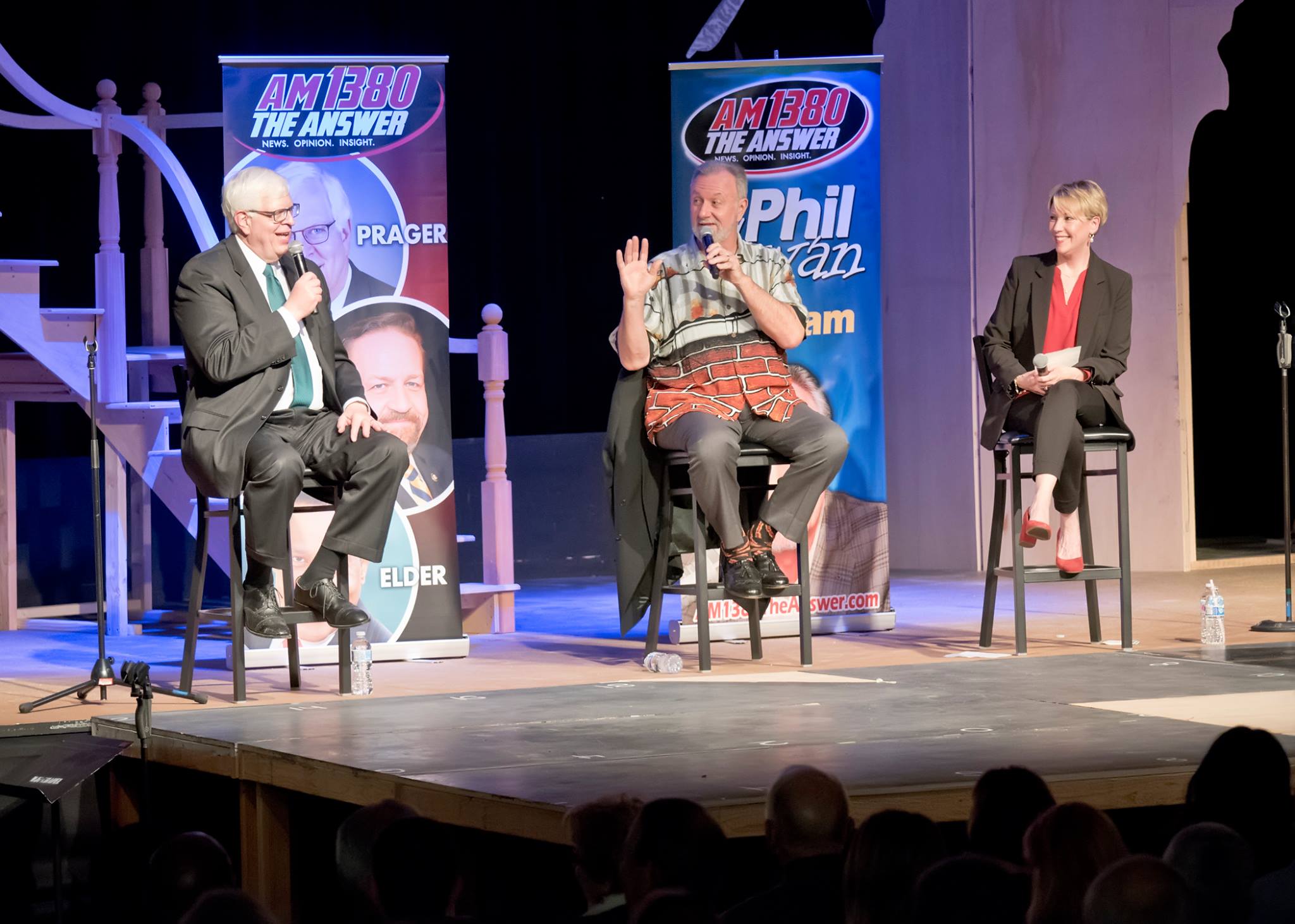
California Globe Ride Along: Rideshare Drivers Concerned Over Future As Election Nears
…Screwing over the most vulnerable while saying they are trying to help them; that is California in a nutshell right now
By Evan Symon, October 19, 2020 8:51 pm
With the election down to the final weeks, drivers for rideshare companies in California have grown more and more anxious over the results of Proposition 22, which, if passed, would exempt rideshare drivers from the AB 5 worker classification law and allow drivers to continue working as they were.
Jesus Suarez, a driver with the two major rideshare companies, Uber and Lyft, has been driving for nearly 5 years now in Southern California. He told the Globe that 2020 has been the hardest year so far.
“Partly it’s been because of COVID and everything going on,” explained Jesus during a ridealong with the Globe on Monday. “You know, less people are going out, not traveling, and not going to places. But the bigger part of it has been AB 5.
“You know, when it was passed, we all initially thought it was a good thing. I mean, I want health insurance, and like anyone, I want to get paid more. I have two daughters to support. Anything to help them.
“Then, and this came slowly, a lot of us began to see how this would suck for us. A big plus is working when we want to, and AB 5 would just end that. And then we figured that not all of us would stay on as employees. This was the first half of the year, this constant worry of the bottom falling out.
“Then came the rest of the year. I know drivers who had panic attacks after Uber and Lyft threatened to shut down all California service. There are hundreds of thousands of drivers for them both in California. That’s, what, a few hundred thousand more people out of work now? In the middle of a recession and pandemic? It was crazy to us.
According to the Wall Street Journal, there are an estimated 200,000 rideshare drivers in the golden state, with only 2% clocking in more than 40 hours a week on par with normal “full-time employees.”
The Globe also rode with June Dormandy, another longtime rideshare driver who works in the LA and Inland Empire areas.
“It’s not broken the way it is now,” June explained to the Globe. “But if Prop 22 fails, then it is broken. Workers will have to be employees, and that’s something no company can afford.
“I have a boyfriend who works for DoorDash part-time. He’s worried that he may lose his part time gig, which he needs for bills, because of this.
“This is full-time for me as I finish college. If I lose this and can’t get another job that allows me to make my own schedule, it will be several more years of college rather than one.
“And this is the thing. This is not supposed to be full-time work, or more accurately, long-term full-time work. This is supposed to be a side gig for a little extra cash. I’m doing more than 30 hours a week between Uber and Lyft, but only for less than a year. Most drivers are just doing this on the side, especially now. I actually know people who do this because they are otherwise bored.
“But AB 5 treats them all as full-time employees even though it isn’t the case. That’s a giant problem.”
A push for full-time drivers in a part-time designed industry
A third driver, who only wanted to go by T.J., gave a Globe a counterpoint view.
“You know, I don’t get minimum wage right now. None of us do. We don’t get bonuses, we don’t get anything else. This just isn’t livable, you know? We need that sort of thing. But they refuse. AB 5 is our only real shot to be paid normal-like. You can just [stop it] with saying that this is designed to be a gig job and saying that it would destroy any flexibility to work when we want. Those aren’t arguments. They were written by Uber and Lyft and DoorDash who literally wrote the proposition.
“Drivers need to live off of this money, especially with COVID-19 now. But we still aren’t getting that.
“If this ballot thing passes, we’ll be stuck barely making any money with no protections. I don’t know how many of could continue on with that.”
AB 5 has yet to apply fully to rideshare companies due to legal action from the rideshare companies. The case is currently being heard in appellate court and has stopped AB 5 from being applied before the vote next month. Should Prop 22 fail, the case will give rideshare companies another shot at not being under the AB 5 law. Should Prop 22 pass, the court’s decision would be moot.
And with the election in the homestretch now, drivers are contemplating their futures based completely on the results of Prop 22.
“If it passes I don’t think I can drive anymore for them,” noted Jesus. “I wouldn’t have the freedoms I have with it now. And this is what all the people who pushed for AB 5 don’t understand about drivers like me. It hurts us. Badly. You’re literally making a decision for us between seeing and spending time with our families and working how we want and making a little bit more money but losing all that.
“Look at Uber drivers. Single people who need time off for college and job interviews. Single mom and dads who need that time off for their children. Same for people who take care of their parents or other relatives. Older people who are otherwise unable to find work at their age but don’t want to commit to something full-time. And it just goes on. They’re screwing over the most vulnerable people while saying they are trying to help them.
“God, if that isn’t California in a nutshell right now.”
Current polls show that Prop 22 currently has a 3 point lead in favor of passing in California and is expected to be passed by voters in California this November.
- Bill to Require Law Enforcement Disclosure if AI Was Used To Help Write Reports - August 7, 2025
- Gov. Newsom Files FOIA Request To ‘Expose True Cost’ Of L.A. Federal Troop Deployment for Anti-ICE Riots - August 6, 2025
- California Redistricting: How Newsom’s Plan Will Demolish Hard Fought GOP Gains - August 6, 2025




